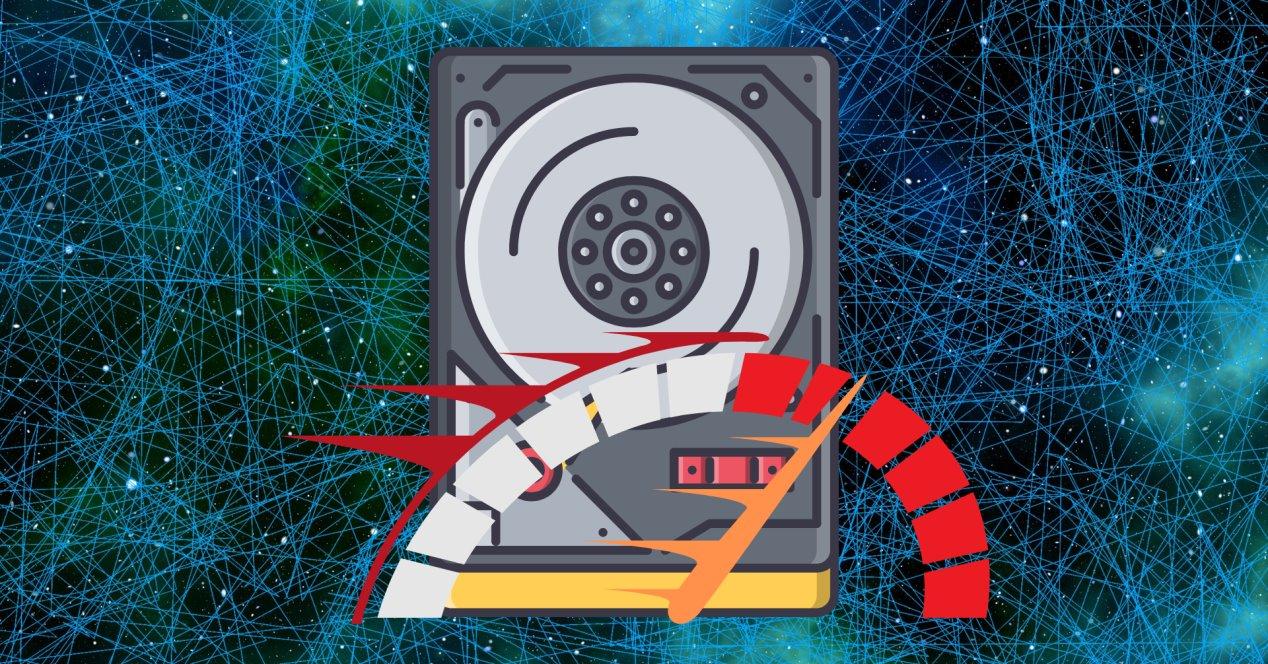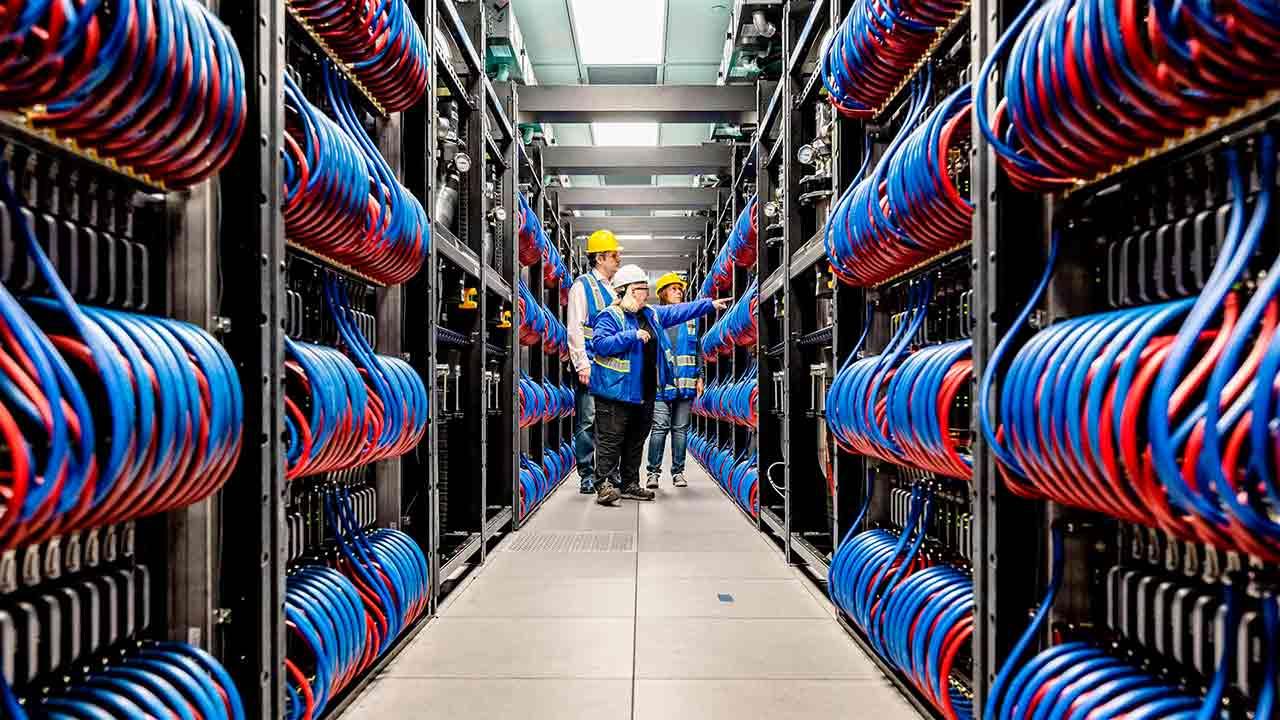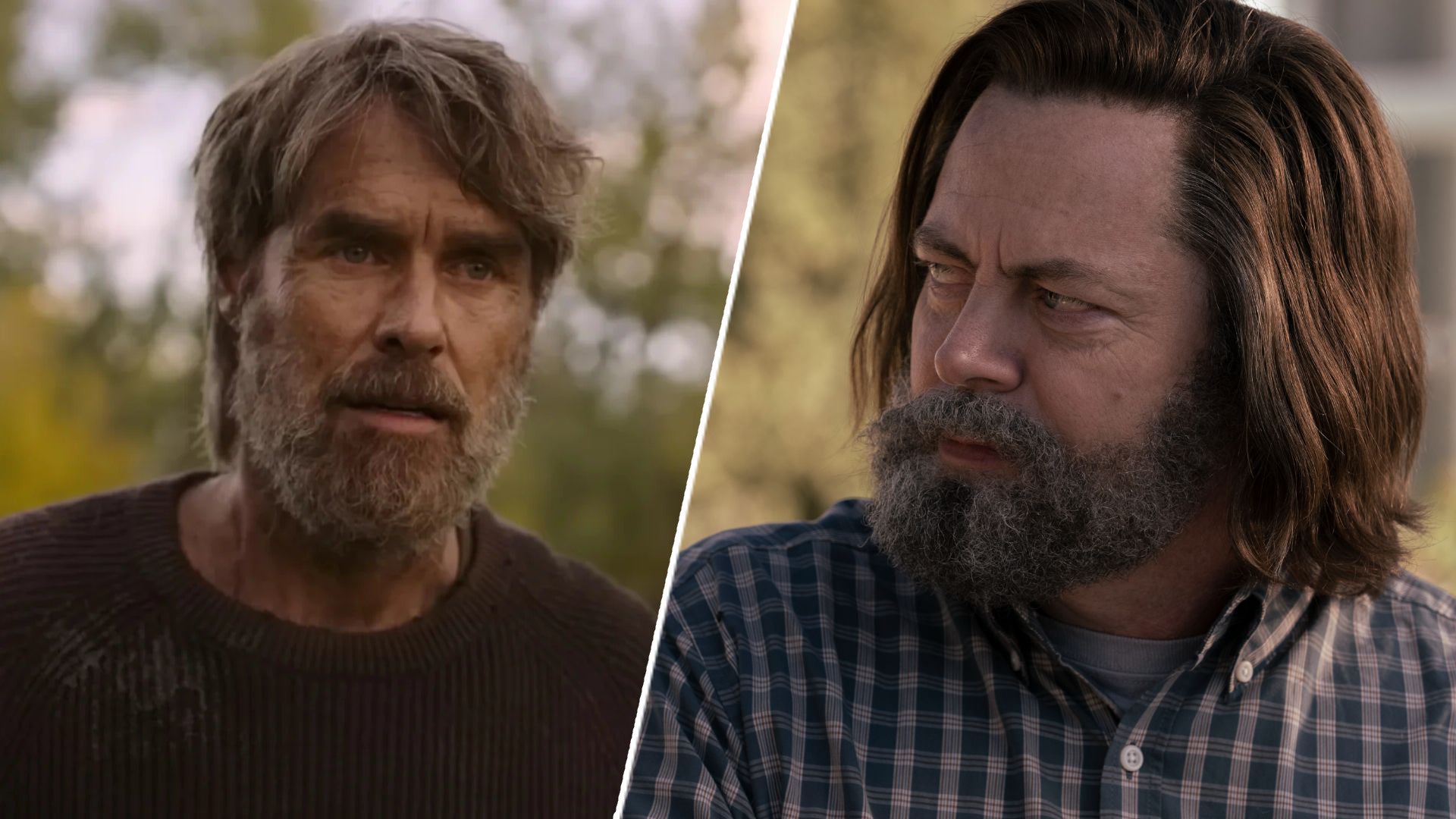Sales of mechanical hard drives, or HDDs, have dropped over time due to SSDs, which have become a standard. We just have to look at the PS5 and Xbox Series X, which use SSDs instead of HDDs. As well, western digital resist the disappearance of Hard disk and even created one faster than an SSD.
Hard drives are increasingly becoming niche solutions, especially for mass data storage. SSDs allow for more performance, especially better load times thanks to high transfer speeds.
WD insists on not giving up hard drives for dead
The big problem with HDDs compared to SSDs is the moving parts, which limit performance. By relying on a system of motorized arms and motors, it limits performance. It is highlighted in the transfer speeds,
But, at WD, they had a great idea and that was to increase the number of motors, drive arms and magnetic heads. What this “simple” solution does is significantly improve read and write speeds. Double the number of actuators is the “magic” solution that allows increase speeds.
According to WD, drives Ultrastar DC HS760 delivers twice the sequential performance of the Ultrastar DC H560. In addition, these units use the OptiNAND technology, which allows the integration of a large number of hiddenuntil the 512 MB. To give us an idea, the Seagate Exos X20 has a maximum cache of 256MB.
Even though WD did not give hard data, with what we know we could talk about read speeds between 500 and 600 MB/s
The price and release date of the WD Ultrastar DC HS760 are unknown at this time. What we do know is that this is a specific product for data centers exclusively, at least for now.
Relegated to niche markets by SSDs
The truth is that hard drives have disappeared from the general market. We see how it is almost impossible to find a laptop that does not have an SSD and the new consoles have already banned HDDs. No one builds a gaming PC with a primary hard drive, at best they’re relegated to mass data storage or gaming.
They have a market and the total disappearance of the market, it seems, is quite a long way off at the moment. As long as they find solutions to increase the capacity and performance of hard drives, they will continue to sell.
On the other hand, SSDs began to experience significant technical problems. Finding an SSD over 4TB is tricky and existing ones are extremely expensive. M.2 drives based on the PCIe 5.0 interface did not arrive either, due to the thermal problems generated in these drives.
Currently, there is no perfect or, at least, cross-functional storage solution. Hard drives have their issues and so do SSDs.









